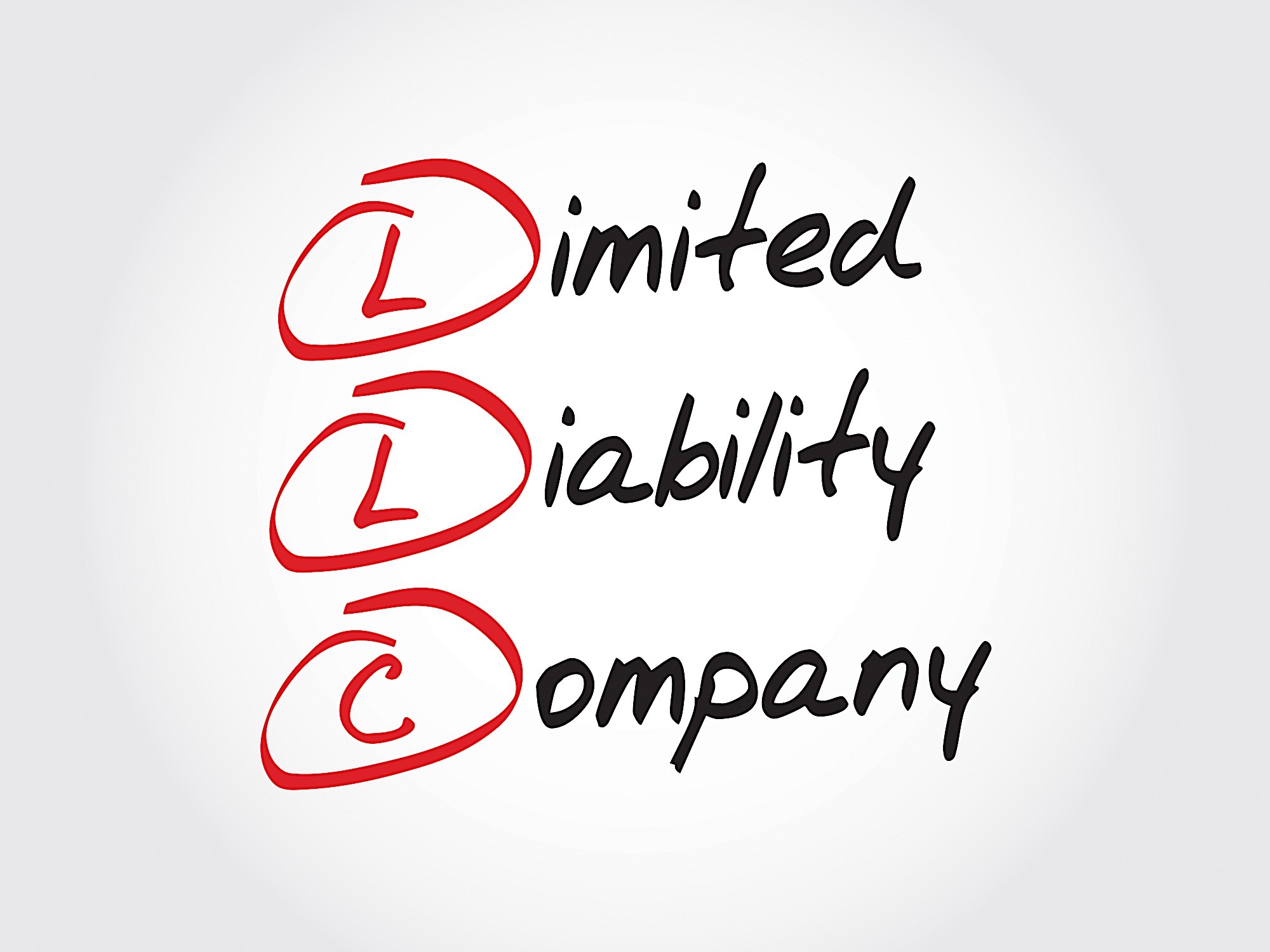If you are looking to start a location independent business, you are in luck. The US is one of the best countries in the world for digital nomads. Not only is there a large market for entrepreneurs, but the legal and business framework also greatly supports small businesses.
This blog post discusses the five best states for location-independent businesses based on factors such as ease of business registration and taxation. We’ll also touch on the pros and cons of each state to help you make the best decision for your business.
First, let’s discuss the two main business structures in the United States. LLC (Limited Liability Company) and Corporation.
LLC Lowdown
LLC, or limited liability company, is one of the most popular business structures for small businesses and start-ups. Not surprisingly, an LLC has many advantages. The main one is to provide personal asset protection.
This means that if your LLC is sued or is in financial trouble, personal assets such as a home or savings account cannot be seized.
LLCs also tend to have less stringent rules and regulations than corporations and are not subject to double taxation like C corporations.
It all sounds great. So what are the drawbacks of forming an LLC? For one thing, banks often view LLCs as riskier investments.
Corporate strengths and weaknesses
Like LLCs, corporations provide owners with protection for their personal assets. However, there are some important differences between the two business structures. First of all, corporations tend to have more credibility with customers and investors than LLCs.
After all, big companies are mostly companies (think Apple or Walmart). So there is an air of legitimacy in incorporating the business.
However, one drawback for businesses is that they are subject to double taxation. This means that the corporation itself is taxed on its profits, and shareholders must pay taxes on the dividends they receive from their profits.
Another drawback is that corporations tend to have stricter rules and regulations than LLCs.
So which one should you choose?
There is no easy answer to choosing between an LLC and a legal entity. That depends a lot on your unique business environment, such as how much money you’re looking to raise from investors and whether you want your business to have a traditional feel to it.
In general, most start-ups and small businesses start out with an LLC for its simplicity and low cost of setting up and operating, and later pivot to a legal entity if necessary.
Top 5 States for LLCs for Business Registration

1. Wyoming LLC
Wyoming is often touted as one of the best states for location-independent businesses, and it’s easy to see why. The state has no corporate or personal income tax, making it an attractive option for businesses of all sizes.
Additionally, Wyoming has some of the most lenient business registration requirements in the country. Register your business online in minutes and doesn’t need to be physically in the state. However, one downside of Wyoming is that sales tax is higher than average.
2. Delaware LLC
Like Wyoming, Delaware has no corporate or personal income tax, making it an attractive destination for businesses. The state also offers many advantages when it comes to forming and running a business.
For example, in Delaware, you can designate a “registered agent” who can process services on your company’s behalf. This person can be anywhere in the world. This is ideal for businesses that do not have a physical presence in Delaware.
One of the potential drawbacks of incorporating in Delaware is that it can be more expensive than other states. This is because franchise tax must be paid each year regardless of whether the company makes a profit.
3. New Mexico LLC
If you’re looking for a sunny location to incorporate your location-independent business, New Mexico may be the best option. The state has no corporate income tax and relatively low personal income tax, making it an attractive destination for business owners.
Additionally, New Mexico’s LLC formation requirements are very simple. You can also form an LLC online in just minutes. However, one drawback of New Mexico is that sales tax is higher than average.
4. Nevada LLC
Nevada is another great option for businesses seeking sunny weather and relaxed incorporation requirements. The state has no corporate or personal income tax, making it an attractive destination for entrepreneurs.
Also, Nevada does not require the LLC to be physically present in the state. You can designate a registered agent who can process services on your company’s behalf.
One of the potential drawbacks of incorporating in Nevada is that there are annual fees associated with maintaining the LLC. This fee is based on the number of shares issued by the company.
5. Florida LLC
Florida rounds out the list of best states for location-independent businesses thanks to its simple LLC formation requirements and welcoming attitude towards entrepreneurs.
Unlike some other states, Florida does not require an LLC to be physically located in the state. You can designate a registered agent who can process services on your company’s behalf.
Plus, Florida has no personal income tax, so you can pocket more money to invest in your business. However, one potential drawback to incorporating in Florida is that state sales taxes are higher than average.
Conclusion
There are many factors to consider when determining the best state for your location-independent business. However, according to our research, her five states — Wyoming, Delaware, New Mexico, Nevada, and Florida — rank high.
Each state has its own strengths and weaknesses, so consider all factors carefully before making a final decision.
Also read:
author: Julian K.
14


